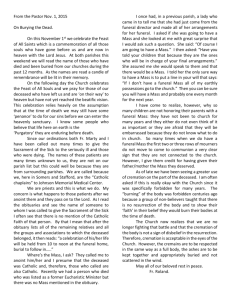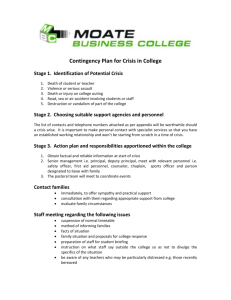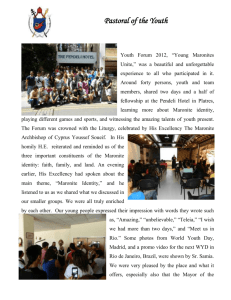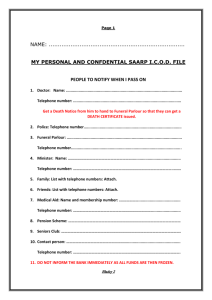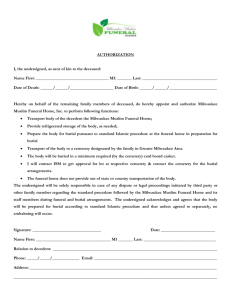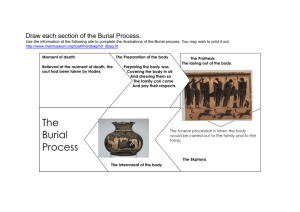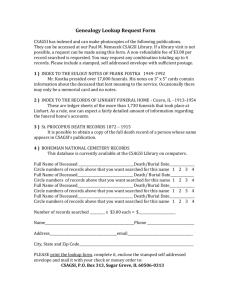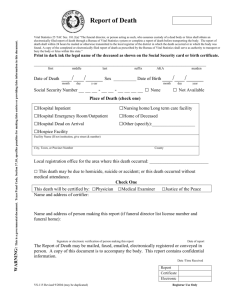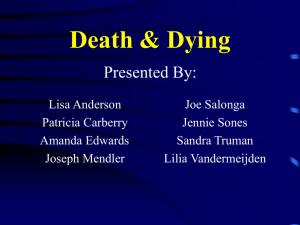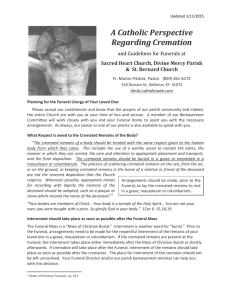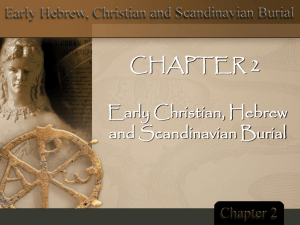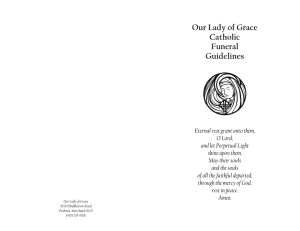Although there is a long-standing custom in the United States to
advertisement
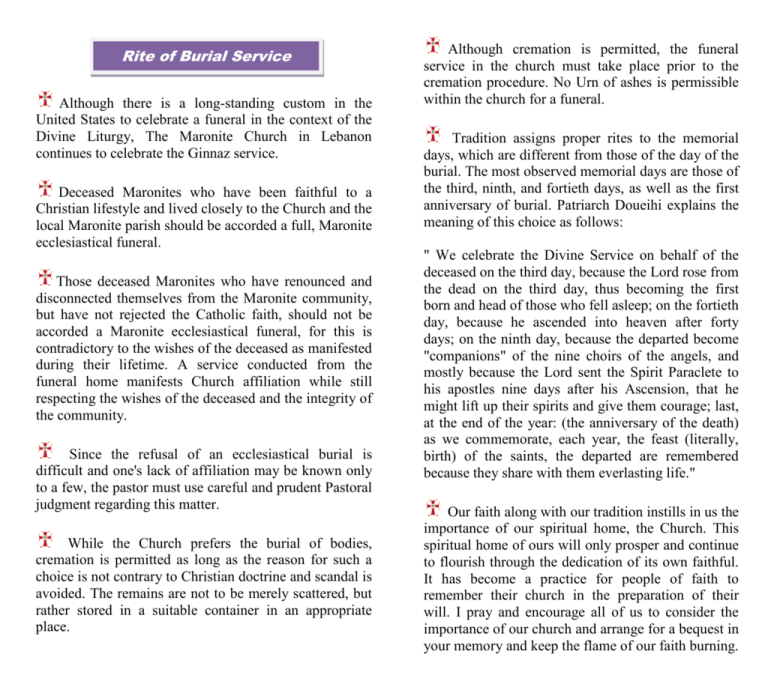
Rite of Burial Service Although there is a long-standing custom in the United States to celebrate a funeral in the context of the Divine Liturgy, The Maronite Church in Lebanon continues to celebrate the Ginnaz service. Deceased Maronites who have been faithful to a Christian lifestyle and lived closely to the Church and the local Maronite parish should be accorded a full, Maronite ecclesiastical funeral. Those deceased Maronites who have renounced and disconnected themselves from the Maronite community, but have not rejected the Catholic faith, should not be accorded a Maronite ecclesiastical funeral, for this is contradictory to the wishes of the deceased as manifested during their lifetime. A service conducted from the funeral home manifests Church affiliation while still respecting the wishes of the deceased and the integrity of the community. Since the refusal of an ecclesiastical burial is difficult and one's lack of affiliation may be known only to a few, the pastor must use careful and prudent Pastoral judgment regarding this matter. While the Church prefers the burial of bodies, cremation is permitted as long as the reason for such a choice is not contrary to Christian doctrine and scandal is avoided. The remains are not to be merely scattered, but rather stored in a suitable container in an appropriate place. Although cremation is permitted, the funeral service in the church must take place prior to the cremation procedure. No Urn of ashes is permissible within the church for a funeral. Tradition assigns proper rites to the memorial days, which are different from those of the day of the burial. The most observed memorial days are those of the third, ninth, and fortieth days, as well as the first anniversary of burial. Patriarch Doueihi explains the meaning of this choice as follows: " We celebrate the Divine Service on behalf of the deceased on the third day, because the Lord rose from the dead on the third day, thus becoming the first born and head of those who fell asleep; on the fortieth day, because he ascended into heaven after forty days; on the ninth day, because the departed become "companions" of the nine choirs of the angels, and mostly because the Lord sent the Spirit Paraclete to his apostles nine days after his Ascension, that he might lift up their spirits and give them courage; last, at the end of the year: (the anniversary of the death) as we commemorate, each year, the feast (literally, birth) of the saints, the departed are remembered because they share with them everlasting life." Our faith along with our tradition instills in us the importance of our spiritual home, the Church. This spiritual home of ours will only prosper and continue to flourish through the dedication of its own faithful. It has become a practice for people of faith to remember their church in the preparation of their will. I pray and encourage all of us to consider the importance of our church and arrange for a bequest in your memory and keep the flame of our faith burning.
